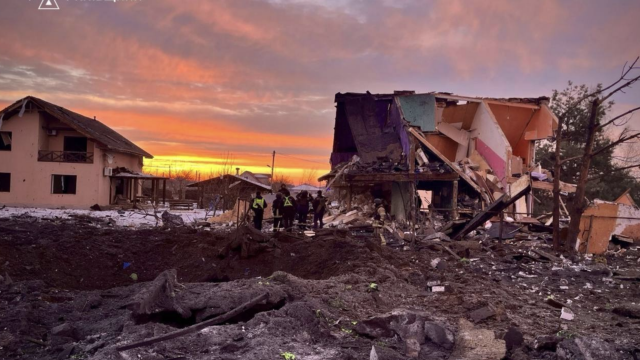Russia has the third-highest number of suicides among teenagers in the world — followed only by Kazakhstan and Belarus — a troubling statistic experts link to family problems, a new UNICEF report released Wednesday found.
About 1,500 teenagers, between the ages of 15 and 19, kill themselves annually across the country, according to the report prepared by UNICEF and a research institute affiliated with the Health and Social Development Ministry. In all, there are 30,000 suicides recorded in Russia each year.
The teen suicide figure is three times higher than the world average, but the real picture may be far worse, as it doesn't include likely suicides classified as accidents and thousands more suicide attempts, which may amount to 20 times the official suicide figure, the report said.
For example, an 18-year-old woman slashed herself with scissors and jumped off the ninth floor of her Moscow apartment building Wednesday, but lived, Interfax reported.
"Over the past several years, the positive dynamics have turned to the better … but [the level] of teens committing suicide remains rather high," said the report's co-author Alla Ivanova, noting that suicides had dipped by up to 20 percent compared with the dismal years following the Soviet Union's collapse.
The suicide rate among male teenagers is 25 percent higher than among girls, which corresponds to global statistics, Ivanova said. There is no specific reason for that, but in general Russian teens tend to commit suicide during holidays and exams.
Official statistics from 1965 through 2009 show that teens living in Russia's Far East, eastern Siberia and northwestern Russia are more likely to commit suicide, compared with other regions, the report said. The North Caucasus has traditionally seen the fewest suicides due to close family connections.
"Despite the social changes of the 1990s and 2000s, the general situation of well-being in the west and ill-being in the east that was formed back during the Soviet Union has remained," researchers concluded.
Contrary to commonly accepted wisdom, social and economic problems are not mainly responsible for the high suicide level, experts told reporters Wednesday.
Some "92 percent of suicides among children and teenagers are directly or indirectly linked to problems in their families," the research found.
Ivanova suggested that Russia develop a wide-ranging network of support centers to address family problems before the situation turns deadly. So far, there are only 150 such institutions in just 37 of the country's 83 regions.
Bertrand Bainvel, head of UNICEF in Russia, said the situation might be improved "if the government works out … a national program aimed at improving children's well-being," while "budget money in the area might be spent more effectively."
A Message from The Moscow Times:
Dear readers,
We are facing unprecedented challenges. Russia's Prosecutor General's Office has designated The Moscow Times as an "undesirable" organization, criminalizing our work and putting our staff at risk of prosecution. This follows our earlier unjust labeling as a "foreign agent."
These actions are direct attempts to silence independent journalism in Russia. The authorities claim our work "discredits the decisions of the Russian leadership." We see things differently: we strive to provide accurate, unbiased reporting on Russia.
We, the journalists of The Moscow Times, refuse to be silenced. But to continue our work, we need your help.
Your support, no matter how small, makes a world of difference. If you can, please support us monthly starting from just $2. It's quick to set up, and every contribution makes a significant impact.
By supporting The Moscow Times, you're defending open, independent journalism in the face of repression. Thank you for standing with us.
Remind me later.





